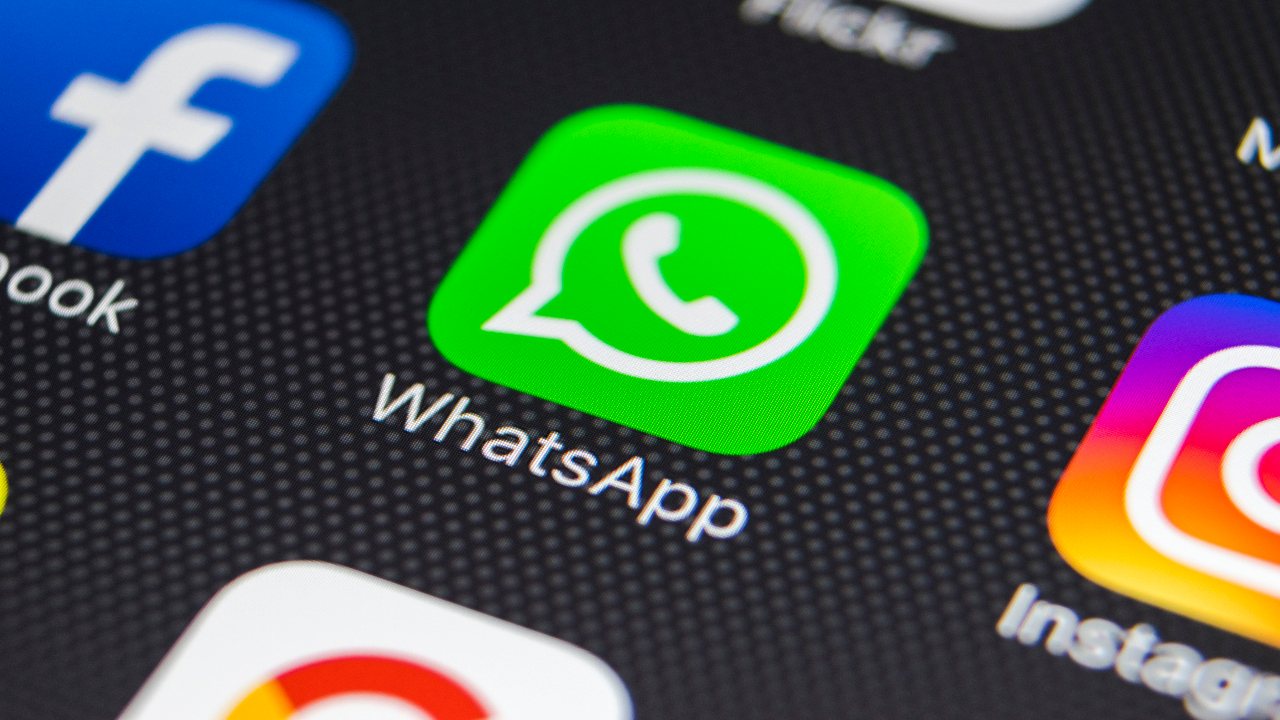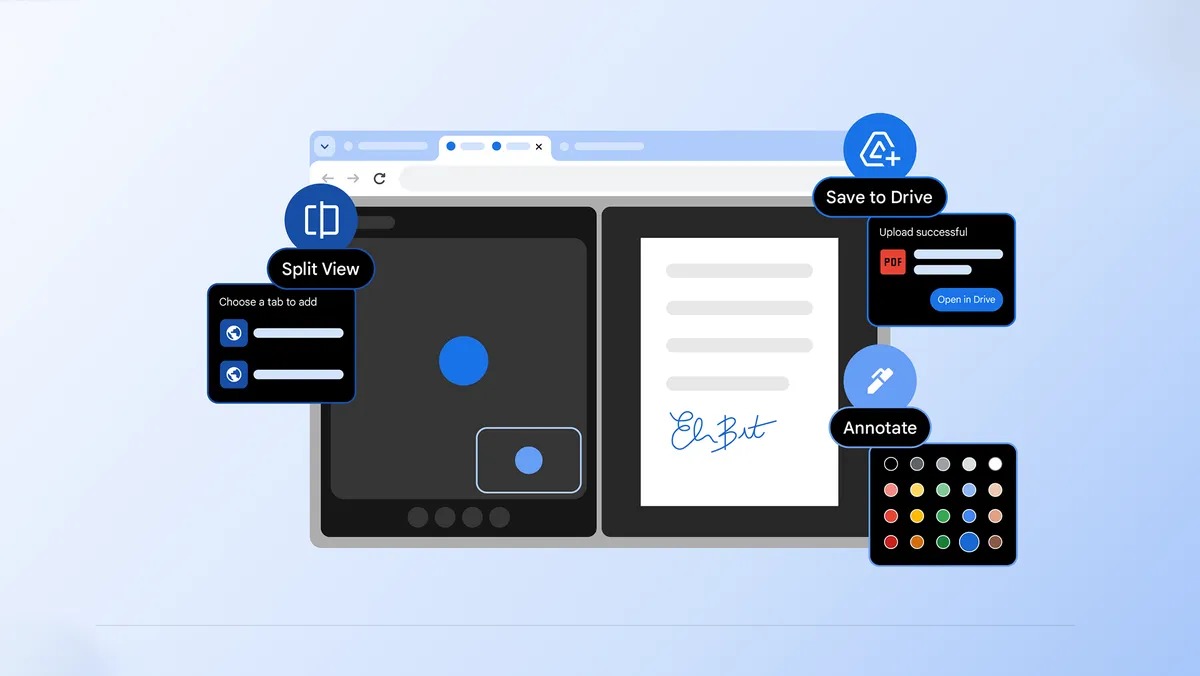WhatsApp squeeze — here's what happens if you don't accept new privacy policy
WhatsApp won’t cut you off, but it will make life uncomfortable for you

Here at Tom’s Guide our expert editors are committed to bringing you the best news, reviews and guides to help you stay informed and ahead of the curve!
You are now subscribed
Your newsletter sign-up was successful
Want to add more newsletters?

Daily (Mon-Sun)
Tom's Guide Daily
Sign up to get the latest updates on all of your favorite content! From cutting-edge tech news and the hottest streaming buzz to unbeatable deals on the best products and in-depth reviews, we’ve got you covered.

Weekly on Thursday
Tom's AI Guide
Be AI savvy with your weekly newsletter summing up all the biggest AI news you need to know. Plus, analysis from our AI editor and tips on how to use the latest AI tools!

Weekly on Friday
Tom's iGuide
Unlock the vast world of Apple news straight to your inbox. With coverage on everything from exciting product launches to essential software updates, this is your go-to source for the latest updates on all the best Apple content.

Weekly on Monday
Tom's Streaming Guide
Our weekly newsletter is expertly crafted to immerse you in the world of streaming. Stay updated on the latest releases and our top recommendations across your favorite streaming platforms.
Join the club
Get full access to premium articles, exclusive features and a growing list of member rewards.
After months of controversy and a three-month delay, WhatsApp’s new privacy policy kicks in today. The new terms gives the messaging app permission to share more data with parent company Facebook without the option to opt-out, with the aim of helping businesses using the platform.
Accept the terms and things continue as usual, albeit with a bit less privacy. Reject the policy, and you’re no longer welcome. But what happens if you just ignore them, neither accepting or rejecting them? Is that a loophole that’ll let you keep using WhatsApp without undermining your privacy?
- Best encrypted messaging apps
- The best WhatsApp alternatives
- Plus: Twitter Blue reportedly coming for $2.99 per month — here’s what it is
In the short term, yes, but it’s only a brief stay of execution. In a new blog post, WhatsApp answers this burning question, and it appears that the app will pester more and more until it just gives up on you, blocking contact from friends and family until you accept.
While assuring users that nobody will lose functionality on the day itself, WhatsApp makes it clear that this leniency won’t last for long. At first, this will just come with more frequent pestering to accept the new terms, but if they’re ignored for “a period of several weeks” the reminder will become “persistent” and you’ll “encounter limited functionality.”
Initially, the app will block your chat list, but still let you answer incoming calls, both voice and video. Notifications will display, and you’ll still be able to read messages this way.
If users don’t accept the terms after a few weeks of this, they “won’t be able to receive incoming calls or notifications, and WhatsApp will stop sending messages and calls.”
Note that this isn’t the same as having your WhatsApp presence deleted, although the company does point to its own separate rules about inactivity which states that accounts are “generally deleted” after 120 days without connectivity. If users can’t access the app, it’s hard to see how the inactivity rule won’t kick in eventually, even if it’s not a direct consequence of the new terms.
Get instant access to breaking news, the hottest reviews, great deals and helpful tips.
It’s a pretty blunt instrument attempting to force users into accepting the new terms, but WhatsApp is clearly confident that it can get its way on this one. That’s the kind of confidence that having some 2 billion active users worldwide will give you.
Still, it’s a great opportunity for its rivals to close the gap, and both Signal and Telegram have reportedly enjoyed an uptick in members as a result of the fallout. Yesterday, Telegram was pushing the point hard as deadline day approached.
pic.twitter.com/9eY8NSiuRjMay 14, 2021
It’s a message that has long been echoed by WhatsApp co-founder and member of the Signal Foundation, Brian Acton, who has been urging people to cut their ties with Facebook since 2018. Acton left Facebook in 2017, three years after selling WhatsApp for $16 billion and hasn’t been shy about sharing his views on the app since. “I sold my users' privacy to a larger benefit," he told Forbes the following year. "I made a choice and a compromise, and I live with that every day."
Freelance contributor Alan has been writing about tech for over a decade, covering phones, drones and everything in between. Previously Deputy Editor of tech site Alphr, his words are found all over the web and in the occasional magazine too. When not weighing up the pros and cons of the latest smartwatch, you'll probably find him tackling his ever-growing games backlog. He also handles all the Wordle coverage on Tom's Guide and has been playing the addictive NYT game for the last several years in an effort to keep his streak forever intact.
 Club Benefits
Club Benefits











